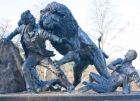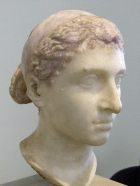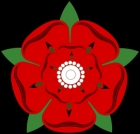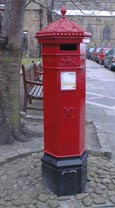Previous NCs
The National Curriculum for primary history has been in existence since 1991. Since then there have been several revisions to the programmes of study for Key Stages 1 and 2. In this section you will find links to both the current programme of study for history and all the previous versions.
-

Thematic or topic based whole school curriculum planning
ArticleClick to view -

Museums, schools and creativity: How learning can be enhanced
ArticleClick to view -

Primary history in the 21st century: Back to the past?
ArticleClick to view -

Powerful Pedagogy
ArticleClick to view -

British National Curricula For History 1989-2011
ArticleClick to view -

Principles for a history curriculum
ArticleClick to view -

History, artefacts and storytelling in the 2011 primary curriculum
ArticleClick to view -

Planning for historical understanding a conceptual framework
ArticleClick to view -

Towards a new primary curriculum: The Cambridge Primary Review 2009
ArticleClick to view -

Primary history through the secondary school lens
ArticleClick to view -

Using ICT in Primary History
ArticleClick to view -

Effective Primary History Teaching, Challenges and Opportunities
ArticleClick to view -

What is worth knowing in history
ArticleClick to view -

History and the National Primary Strategy
ArticleClick to view -

Identifying the potential of history in teaching Citizenship at KS1 and KS2
ArticleClick to view -

In My View: Whatever happened to...?
ArticleClick to view -

Monitoring, evaluating and planning the History National Curriculum: the role of the QCA
ArticleClick to view -

Don't forget key skills!
ArticleClick to view -

How can the use of spreadsheets enhance children's learning in history? A case study
ArticleClick to view -

The main features of Curriculum 2000 and the likely implications
ArticleClick to view

